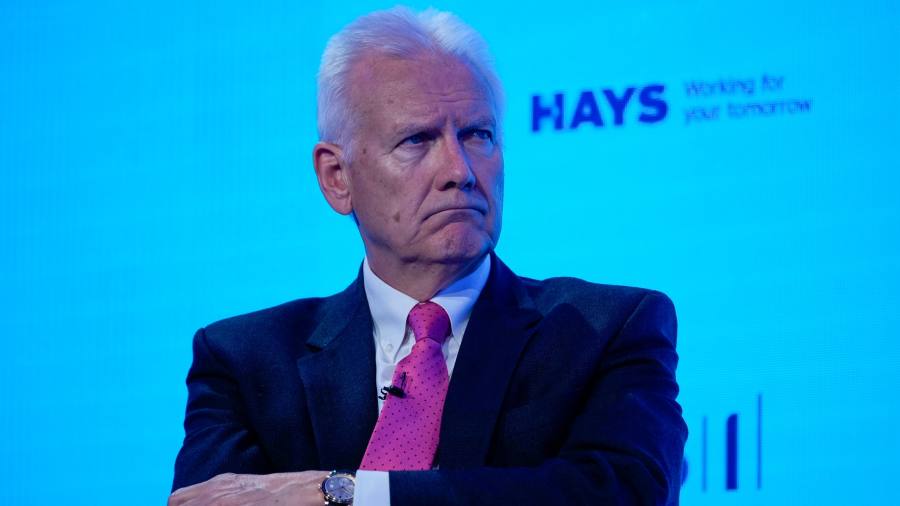
The CBI will recruit a new president as part of a governance overhaul unveiled by the scandal-hit UK business lobby group as it battles for survival ahead of a crunch members’ meeting next week.
The stricken organisation said external consultants had found that blanket portrayals of its culture as “toxic” following allegations of sexual harassment and other misconduct were “not accurate”. But it added it needed to do “serious work” to improve its leadership and people management.
Brian McBride, who was appointed president last June, will continue until at least the end of the year to oversee an array of internal changes following reviews of the organisation by consultants and lawyers, the CBI said.
The group said it did not plan a “radical change” to its core lobbying activities after a member consultation showed broad support for its work.
The CBI suspended members’ and external activities last month after the Guardian newspaper reported two allegations of rape, which are now being investigated by the City of London Police.
More than 65 businesses, including many FTSE 100 companies, suspended or cancelled their membership over the scandal, which involved allegations including sexual harassment, bullying and drug-taking.
The group on Wednesday sent a “prospectus” to members ahead of an emergency general meeting next week, promising “a renewed CBI” after seeking feedback from more than 1,000 business leaders.
Next Tuesday’s meeting, from which the CBI plans to exclude journalists, will amount to a vote of confidence in the organisation as it attempts to convince ministers and businesses that it should continue to play a role in influencing government policy.
It said that since the departure of many prominent members, which accounted for part of its £26mn in annual revenue, its board had “sought advice on matters of restructuring . . . as any responsible board would”.
It disclosed that consultancy Principia Advisory, which was hired to review its organisational culture, did “not find that blanket descriptions such as ‘toxic’ or ‘misogynistic’ are accurate or useful descriptions of CBI culture”.
But Principia said the group had not done enough to build “a strong, values-based organisational culture and has under-prioritised people management skills”.
CBI director-general Rain Newton-Smith said the group was “making radical and rapid changes to upgrade our governance”.
The findings showed that “while our purpose and hard work to influence and inform on behalf of our members gives us a strong identity and motivates our staff, that focus has come at a cost”, she added.
The CBI told members that by next week it would have begun or completed the implementation of all 34 recommendations by law firm Fox Williams, which was called in to review the misconduct allegations. As well as enacting the recommendations on culture, management and encouraging employees to report complaints, it will hire board evaluation expert Ffion Hague to examine its governance.
Newton-Smith took over as director-general last month after the sacking of previous boss Tony Danker, who has said he was thrown “under the bus” for the wider problems at the CBI.
The “accelerated search” for a successor to McBride signals further change at the top of the organisation.
The group said on Wednesday that it would “refresh” its board, with four non-executive directors set to depart by September. It will introduce a rule requiring board members to be re-elected by members annually, similar to large listed companies.
It will also create a new “people and culture” subcommittee of its board and has hired an interim chief people officer.
Regarding its lobbying work, the CBI said businesses had been clear that they wanted “a collective, national voice of business with a general election looming in 2024”.
It said “around 70 per cent” of survey respondents had cited its ability to “speak for all business, across the whole economy on the issues of national importance” as “absolutely critical”. Members wanted more prioritisation of small and medium-sized enterprises and businesses in the UK’s regions and nations, it added.
“For those [members] who recently left, I would ask, what more do you need from us?” said Newton-Smith. “We will continue to show our value on the important issues of the day.”
Aviva’s chief executive Amanda Blanc told the Financial Times last week that the FTSE 100 insurer did not “see any route to returning” to the CBI after quitting last month.
Chancellor Jeremy Hunt said last month there was “no point” in talking to the CBI until it had resolved its issues.